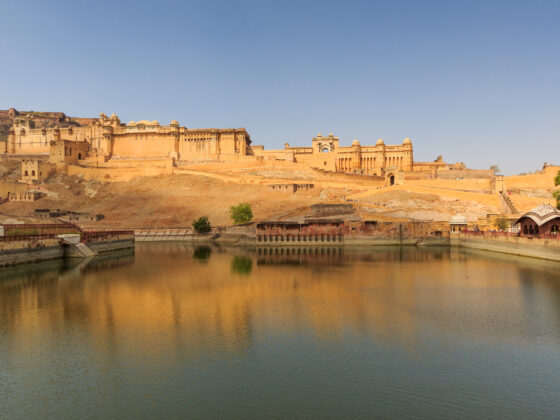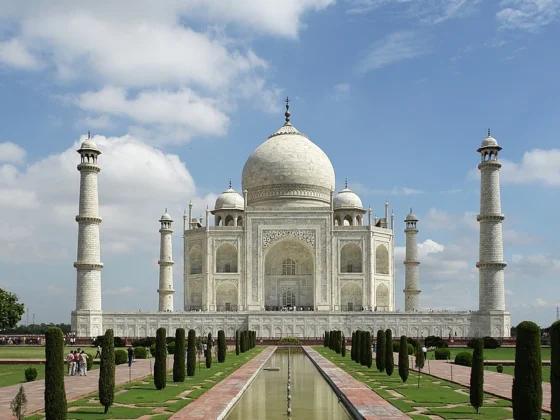The Legacy of Nawab Zaib Mohammed Khan: Pathari State

Introduction to Nawab Zaib Mohammed Khan and Pathari State
Nawab Zaib Mohammed Khan significantly influenced the history of Pathari State, located in central India. He ruled with vision, leaving a lasting impact on the region’s cultural and political landscape. Under his leadership, Pathari State prospered and gained prominence, despite its small size. This article explores the life and legacy and his role in shaping the state’s history.
Pathari State: A Brief Historical Overview
Pathari State, now part of Madhya Pradesh, was one of many princely states before India’s independence in 1947. Although it was not as famous as larger states, Pathari played a crucial role in regional politics. The state is remembered for its cultural heritage, strategic importance, and diverse population. He helped Pathari gain respect and recognition during his reign.
Nawab Zaib Mohammed Khan: Early Life and Ascension to the Throne
Born into a family known for military and administrative excellence, He received extensive training in governance and strategy. His education prepared him for leadership and enabled him to face the challenges of ruling Pathari State. After the death of his predecessor, Zaib Mohammed Khan ascended to the throne. He quickly gained the respect of his people for his commitment to governance and welfare.
Nawab Zaib Mohammed Khan’s Rule: Achievements and Contributions
1. Governance and Administrative Reforms
Nawab Zaib Mohammed Khan focused on improving governance. He restructured the administration, ensuring accountability at all levels. By decentralizing power, he promoted efficiency and stability, benefiting the people of Pathari. These reforms helped create a stronger and more effective government.
2. Cultural Renaissance
Under his leadership, Pathari experienced a cultural renaissance. He supported literature, music, and the visual arts. He invited poets, philosophers, and artists to his court, turning it into a hub for intellectual and artistic exchange. His patronage preserved local crafts and fostered a fusion of regional and cultural influences.
3. Infrastructure Development
Nawab Zaib Mohammed Khan invested in building roads, bridges, and public buildings. These infrastructure projects facilitated trade and improved the quality of life for Pathari’s people. These developments boosted the state’s economy and reinforced its position in the region.
4. Military Innovations
Aware of the importance of a strong defense, He modernized Pathari’s military. He introduced new tactics and technologies to improve the army’s effectiveness. His strategic military alliances helped safeguard the state from external threats.
Nawab Zaib Mohammed Khan’s Legacy and Influence on Modern Pathari
Today, Nawab Zaib Mohammed Khan’s legacy still influences Pathari State. His contributions to governance, culture, and infrastructure laid the foundation for future prosperity. The stability and growth experienced during his reign helped shape the state’s development. His impact is evident in Pathari’s rich cultural heritage and enduring identity.
Conclusion
Nawab Zaib Mohammed Khan remains a revered leader in Pathari’s history. His reign marked a period of peace, prosperity, and growth. His focus on governance, cultural development, and infrastructure made Pathari a stronger and more prosperous state. Nawab Zaib Mohammed Khan’s legacy continues to inspire leaders who value effective governance and the welfare of their people.








